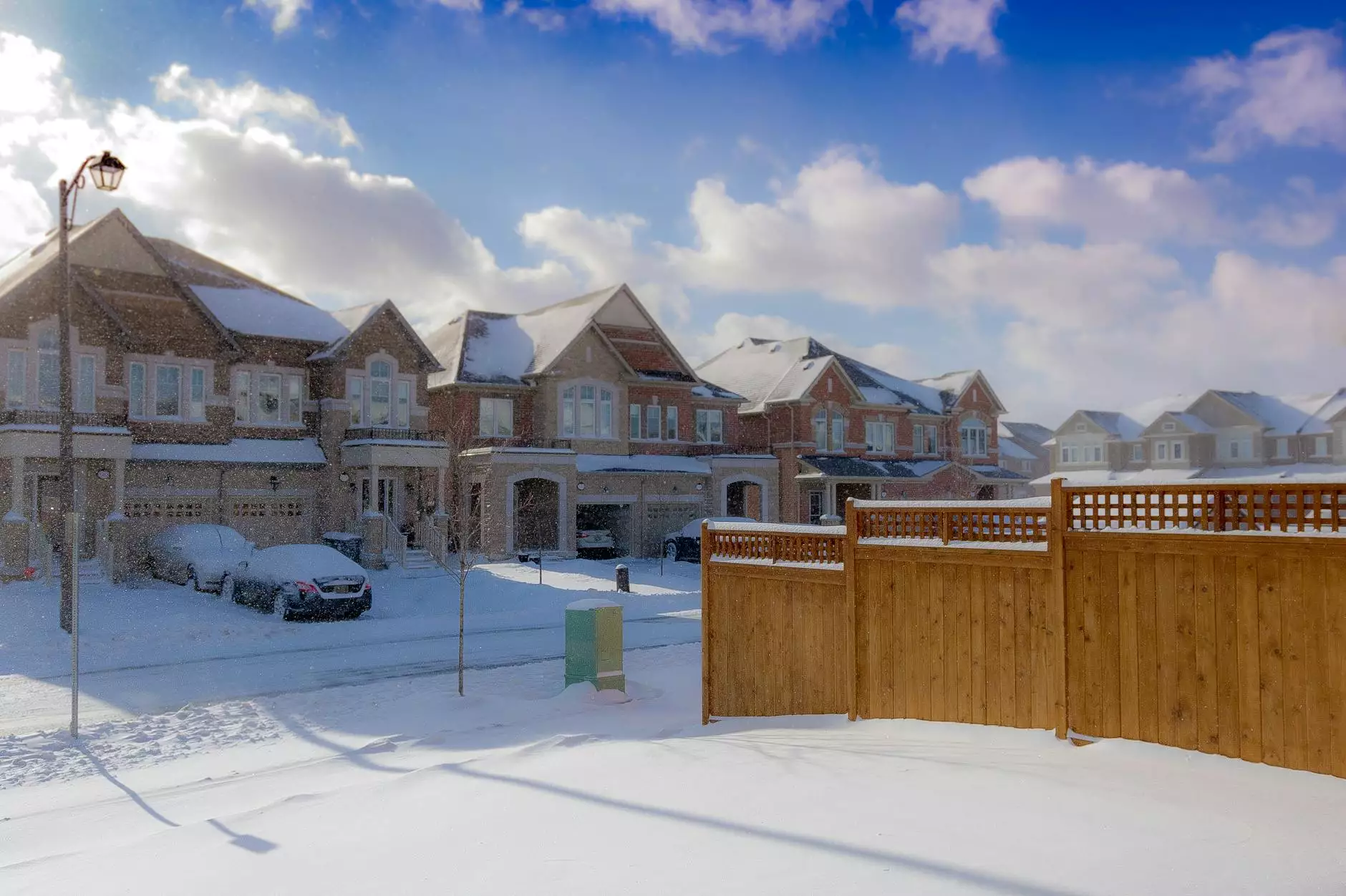Maximizing Internet Security: The Importance of VPN for Router

In today's digital age, the usage of the Internet has become omnipresent in our lives, and so have the risks associated with it. As businesses and individuals increasingly rely on online platforms, ensuring security and privacy has become paramount. One effective solution to safeguard your online presence is the use of a VPN for router. This article delves deep into the advantages of using a VPN on your router, its functionality, and why choosing the right VPN service, such as ZoogVPN, is essential.
What is a VPN and Why Do You Need It?
A Virtual Private Network (VPN) is a secure connection that allows you to browse the internet privately and securely. By routing your internet traffic through a server operated by the VPN provider, a VPN masks your IP address, encrypts your data, and protects your online activities from prying eyes.
Key Benefits of Using a VPN
- Enhanced Security: A VPN encrypts your internet traffic, making it extremely difficult for cybercriminals and hackers to access your sensitive information.
- Privacy Protection: Your online activities are shielded from ISPs, advertisers, and government surveillance, ensuring that your browsing history remains private.
- Access to Geo-Restricted Content: A VPN allows you to bypass location-based content restrictions, enabling access to websites and streaming services that may be blocked in your region.
- Improved Remote Access: For businesses, a VPN can facilitate secure remote access to internal networks, allowing employees to work from anywhere without compromising security.
Understanding VPN for Router
Installing a VPN for router provides a network-wide solution for security and privacy. Instead of installing the VPN on each individual device, configuring it on your router ensures that every device connected to your home or office network benefits from the VPN’s protections.
Advantages of Using a VPN with Your Router
- Comprehensive Coverage: All devices connected to the router, including smart TVs, gaming consoles, and mobile devices, will automatically have their traffic encrypted.
- Ease of Use: After the initial setup, there’s no need to turn the VPN on for each device. It runs seamlessly in the background.
- Better Device Compatibility: Older devices that may not support VPN apps can still benefit from the router-level VPN.
- Single Subscription for Multiple Devices: A single VPN subscription can cover all devices on your network, providing cost-effectiveness.
How to Choose the Right VPN for Your Router
Not all VPNs are created equal, and selecting the right one for your router requires careful consideration of several factors. Here are some essential criteria:
1. Compatibility
Ensure that the VPN service is compatible with your router model. Some VPNs offer dedicated firmware for popular routers, while others might work with any router that supports VPN protocols.
2. Security Features
Look for features such as military-grade encryption, a strict no-logs policy, and additional security features like kill switches and DNS leak protection.
3. Speed and Performance
VPNs can sometimes reduce internet speed due to encryption. Choose a provider that offers fast servers and good performance to minimize lag.
4. Customer Support
Reliable customer support is crucial, especially when setting up the VPN on your router. Look for services that provide 24/7 live chat, email support, and helpful online resources.
5. Pricing and Plans
Evaluate the pricing plans and features offered to find a VPN that fits your budget while still providing adequate functionality and speed.
Step-by-Step Guide to Setting Up a VPN for Your Router
Setting up a VPN on your router may seem daunting, but with the right guidance, it can be straightforward. Here’s a step-by-step guide:
Step 1: Choose Your VPN Provider
Select a VPN service that meets your needs. For instance, ZoogVPN is an excellent choice for its wide range of features and competitive pricing.
Step 2: Access Your Router's Admin Panel
To start the configuration, connect your computer to the router and enter the router’s IP address into a web browser to access the admin panel.
Step 3: Update Your Router’s Firmware
Ensure that your router’s firmware is up-to-date. This may enhance compatibility and security.
Step 4: Configure the VPN Settings
Look for VPN settings in the router’s admin panel. Enter the details provided by your VPN service, such as the server address, your username, and password.
Step 5: Connect to a VPN Server
Select a VPN server from the available list and connect. Your router will now route internet traffic from all connected devices through this server.
Step 6: Test Your VPN Connection
It’s essential to check if the VPN is working properly. Use online tools to verify your IP address and ensure that it reflects the VPN server’s location.
Common Issues and Troubleshooting Tips
While setting up a VPN on your router can provide numerous benefits, you may occasionally encounter issues. Here are common problems and solutions:
1. Slow Internet Speeds
If you experience slow speeds, try connecting to a different server closer to your location or check for bandwidth limitations set by your router.
2. Connectivity Issues
If you can’t connect to the VPN, double-check your login credentials and ensure that you have correctly configured the VPN settings in the router.
3. Incomplete Traffic Routing
Ensure that all devices are connected to the correct Wi-Fi network. Devices not connected to the VPN-enabled router won’t benefit from the VPN protections.
Final Thoughts on VPN for Router
Investing in a VPN for router solution is a proactive step towards achieving privacy, security, and unrestricted access to global content. With a reputable provider like ZoogVPN, you can enjoy comprehensive protection across all your devices without compromising performance. By following the steps outlined in this article, you can successfully configure your router and safeguard your online presence against threats and limitations.
Frequently Asked Questions
Can a VPN router slow down my internet speed?
It may slow down your internet due to the additional encryption process. However, with a quality VPN provider and a good broadband connection, this impact can be minimal.
Is it legal to use a VPN?
Yes, using a VPN is legal in most countries. However, some jurisdictions may have restrictions on certain uses of VPNs. Always check local laws.
Do all devices connected to the router benefit from the VPN?
Yes, once the VPN is configured on the router, all devices connected to that network will be protected by the VPN.
What if my router does not support VPNs?
If your router does not support VPN functionality, you can consider purchasing a new router that does or installing VPN firmware on your existing router if compatible.
Are there free VPN services for routers?
While free VPNs exist, they often come with limitations such as data caps, slower speeds, or security issues. It is recommended to use a reputable paid VPN service for better protection.
In summary, utilizing a VPN for router is an essential strategy to enhance your online security and privacy in an increasingly digital world. Take the leap today, protect your online activities, and explore the internet without boundaries.









